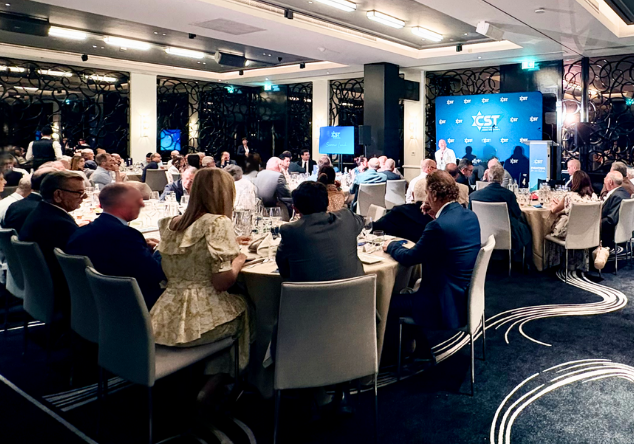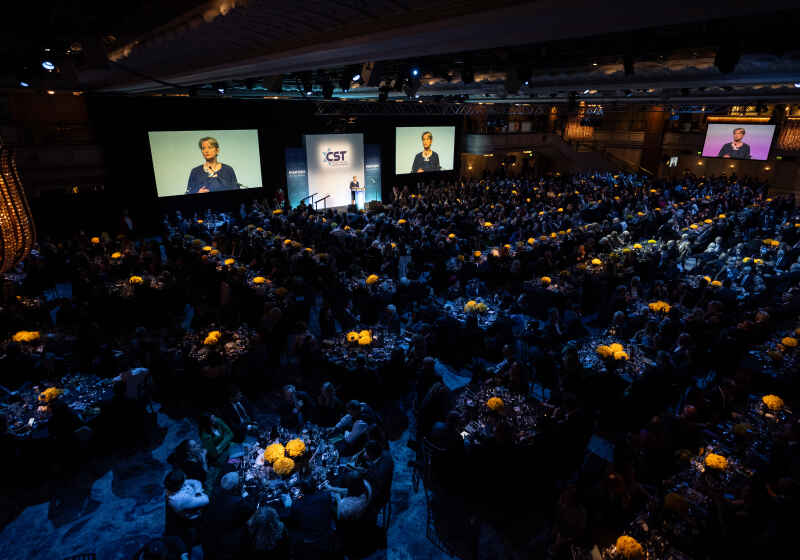CST Blog
Real conspiracies
1 July 2009
While the BBC entertained us last night with the fantasies of assorted 7/7 conspiracy theorists, Channel 4's Dispatches broadcast a stunning anatomy of a real conspiracy: the terrorist attack on Mumbai last November by Lashkar e Toiba (LT), that left 170 people murdered and injured hundreds more. The documentary is built around audio tapes and transcripts of phone calls made between the attackers in Mumbai and their controllers hundreds of miles away in Pakistan, with exclusive film of the Police interrogation - conducted while the attacks were still ongoing - of the sole surviving terrorist, Azam Amir Kasab, and interviews with several surviving victims.
The picture it paints is absolutely chilling: the careful planning behind the attack, the cold commitment to killing, the control and direction of the gunmen by their terrorist handlers and the repeated religious invocations to prevent their determination from wavering.
On of the targets singled out by the attackers was the Chabad Lubavitch centre at Nariman House. This effort to locate and kill some of the few Jews in the city gave many people pause for thought, about the antisemitism at the core of many violent radical ideologies, and radical jihadi ideology in particular. It would be natural to assume that this was an optional add-on to an attack which prioritised symbolic Indian targets in Mumbai. In one phone call, one of the LT handlers tells one of the gunmen at the Taj Hotel:
My brother, yours is the most important target. The media is covering your target, the Taj Hotel, more than any other.
But there is another call, to the gunmen attacking Nariman House, that hints at the extra motivation to kill the Jews who they expected to find in that building. The handler emphasises:
As I told you, every person you kill where you are is worth 50 of the ones killed elsewhere.
I have written elsewhere about hate crimes, and the importance of recognising the role that ideology - whether in the form of religious extremism or a secular ideology like neo-Nazism - can play in the behaviour of terrorists. It is important, as many people have pointed out, to try to identify whether terrorist groups have rational aims, so governments can build a political strategy on this basis alongside the necessary security, policing or military approach. However, this desire to locate rationality in terrorism should not be pursued to the point that it obscures the fact that people who are motivated to kill for a belief, may sometimes consider the irrational to be entirely rational. The Mumbai terrorists killed Jews because they thought there was a benefit in doing so - 50 times more benefit, to be exact.
Read More

Antisemitic Incidents Report January-June 2025
6 August 2025

CST Summer Lunch 2025
25 June 2025
CST Annual Dinner 2025
26 March 2025
